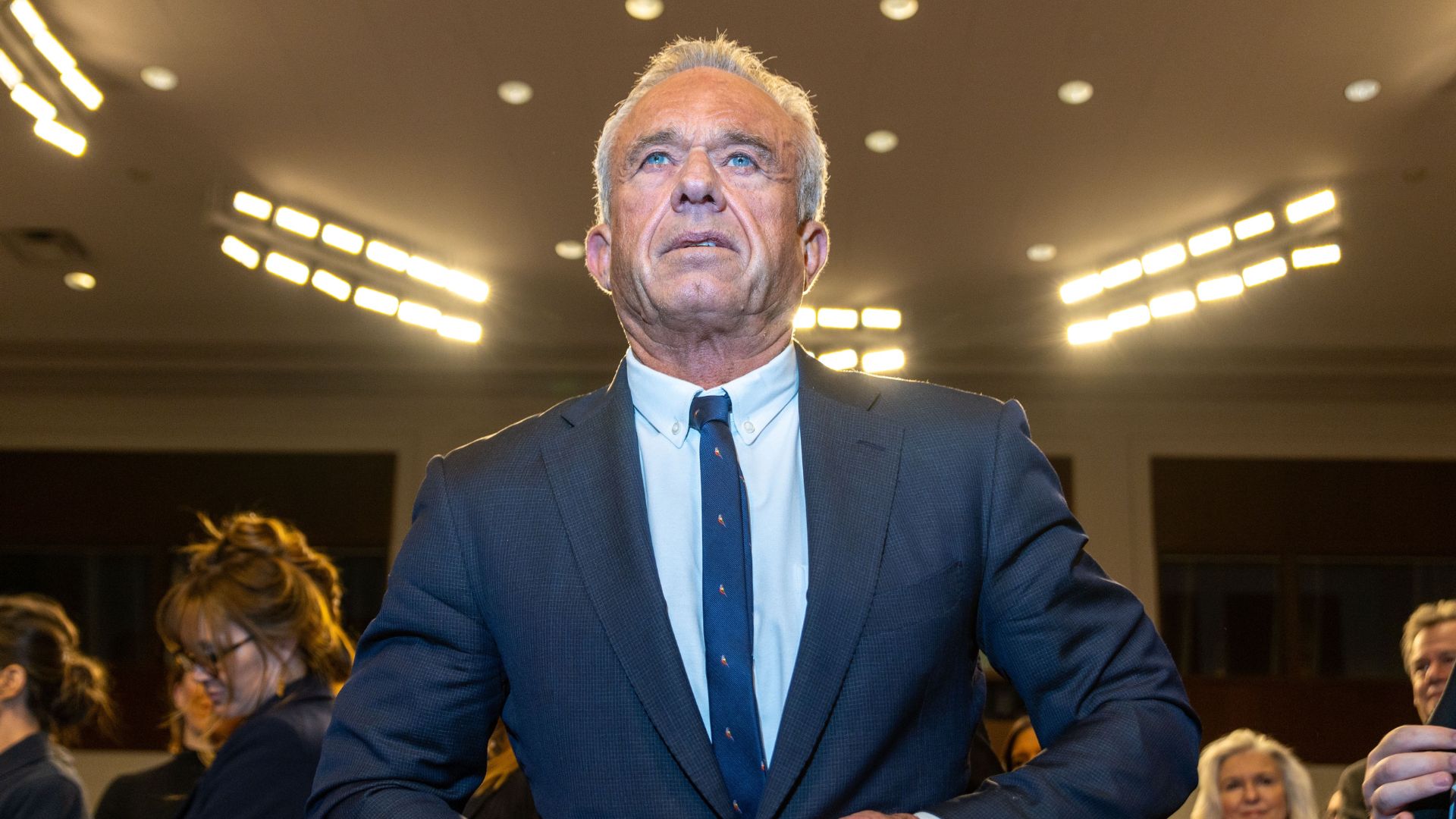
The U.S. Departments of State and Health and Human Services announced Friday that the United States will formally reject a set of amendments to the International Health Regulations (IHR) adopted by the World Health Assembly in 2024.
The proposed amendments would have significantly expanded the World Health Organization’s authority during public health emergencies.
The departments issued a joint statement asserting that the amendments posed serious risks to U.S. sovereignty and domestic public health decision-making.
Trump’s Sovereign Wealth Fund: What Could It Mean For Your Money?
Without action, the regulations were set to take effect and become binding on the U.S. on July 19, even though the country is no longer a member of the WHO.
According to the statement, the amended IHR would grant the WHO the authority to impose measures such as global lockdowns, travel restrictions, and other mandates in response to “potential public health risks,” a term critics say is overly broad and undefined.
The departments further warned that the amendments fail to address what they called the WHO’s “susceptibility to political influence and censorship,” pointing specifically to the organization’s actions during the COVID-19 outbreak and its interactions with China.
The statement continued, “They also suggest that countries develop capabilities that jeopardize management and dissemination controls over public health information, potentially stifling valuable scientific debate,” adding that the proposals would “compel countries to adopt digital health documents.”
This Could Be the Most Important Video Gun Owners Watch All Year
Health and Human Services Secretary Robert F. Kennedy Jr. issued a video statement Friday reiterating his opposition to the amendments and warning that their adoption could enable widespread censorship under the guise of public health.
“These amendments open the door to the kind of narrative management, propaganda, and censorship that we saw during the COVID pandemic,” Kennedy said.
“The United States can cooperate internationally without jeopardizing our civil liberties, without undermining our Constitution, and without ceding away America’s treasured sovereignty.”
The proposed amendments to the International Health Regulations open the door to the kind of narrative management, propaganda, and censorship that we saw during the COVID pandemic. The United States can cooperate with other nations without jeopardizing our civil liberties,… pic.twitter.com/k9IWRavu9D
— Secretary Kennedy (@SecKennedy) July 18, 2025
Secretary of State Marco Rubio also criticized the proposals, saying the language used in the IHR amendments was too vague and potentially subject to political abuse.
“The terminology is vague and broad, risking WHO-coordinated international responses that focus on political issues like solidarity, rather than rapid and effective actions,” Rubio said in the joint statement.
The rejection of the amendments drew support from several Republican lawmakers, including Senator Ron Johnson of Wisconsin.
Johnson, who sponsored the No WHO Pandemic Preparedness Treaty Without Senate Approval Act, welcomed the decision and emphasized the importance of maintaining national control over public health decisions.
In a separate statement circulated by HHS, Johnson and other congressional Republicans praised the administration’s stance and called for continued vigilance against what they view as growing international overreach in global health governance.
The proposed amendments to the IHR were adopted by the World Health Assembly in 2024 and intended to streamline global responses to future public health emergencies.
Proponents argued the changes would allow for faster and more coordinated action across countries in the event of pandemics or other cross-border threats.
However, critics have raised concerns that the measures would limit individual nations’ autonomy and empower unelected international bodies to influence domestic policy.
The decision by the United States to reject the amendments formally ensures that the revised IHR package will not become binding federal policy.
It also signals a broader re-evaluation of the country’s relationship with the World Health Organization and other global health institutions.

![RFK Jr.’s HHS Overhauls Vaccine Policy, Votes to Ban Controversial Ingredient in Flu Shots [WATCH]](https://www.right2024.com/wp-content/uploads/2025/07/RFK-Jrs-HHS-Overhauls-Vaccine-Policy-Votes-to-Ban-Controversial-750x375.jpg)












